Search
Did you mean: Ull?
Search Results

Definition
Antoninus Pius
Antoninus Pius was Roman emperor from 138 to 161 CE. When Roman emperor Hadrian (r. 117-138 CE) died on July 10, 138 CE, he left, as did his predecessors, an adopted son as his successor, Antoninus Pius. Antoninus - whose last name means...
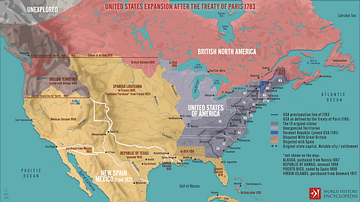
Definition
Northwest Ordinance
The Northwest Ordinance was enacted by the Confederation Congress of the United States on 13 July 1787. It created the Northwest Territory – comprised of the modern-day states of Ohio, Indiana, Michigan, Illinois, Wisconsin, and part of Minnesota...

Article
Battle of the Ruhr
The Battle of the Ruhr or the Ruhr Air Offensive (March-July 1943) was a sustained bombing campaign by the British and the United States air forces against the industrial heartland of Germany during the Second World War (1939-45). The offensive...

Article
Battle of Marston Moor
The Battle of Marston Moor near York on 2 July 1644 was one of the most important engagements of the English Civil Wars (1642-1651). The Parliamentarians won the battle which, involving over 45,000 men, was the largest of the First English...

Definition
Vincent van Gogh
Vincent van Gogh (1853-1890) was a Dutch post-impressionist artist whose paintings are amongst the most popular and recognizable in history. His dramatic brushwork, exuberant palette, and mastery at capturing moments in time and light revolutionised...
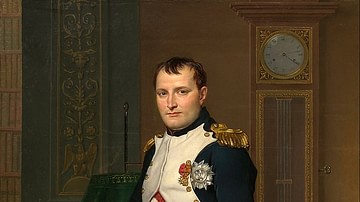
Definition
Napoleon Bonaparte
Napoleon Bonaparte (1769-1821) was a Corsican-born French general and politician who reigned as Emperor of the French with the regnal name Napoleon I from 1804 to 1814 and then again briefly in 1815. He established the largest continental...
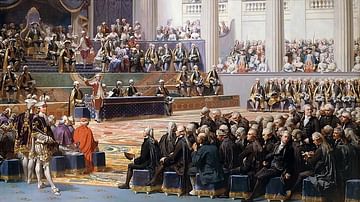
Definition
Estates-General of 1789
The Estates-General of 1789 was a meeting of the three estates of pre-revolutionary France: clergy, nobility, and commons. Summoned by King Louis XVI of France (r. 1774-1792) to deal with financial and societal crises, it ended with the Third...

Definition
Francisco Pizarro
Francisco Pizarro (c. 1478-1541) was a conquistador who led the Spanish conquest of the Inca civilization from 1532. With only a small group of men, Pizarro took advantage of his superior weapons and the fact that the Incas were weakened...
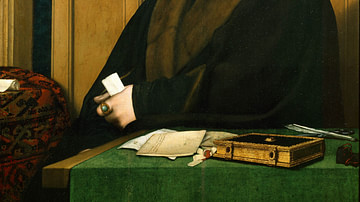
Definition
Thomas Cromwell
Thomas Cromwell (l. c. 1485-1540 CE) served as chief minister to Henry VIII of England (r. 1509-1547 CE) from 1532 to 1540 CE. With his king and the Archbishop of Canterbury Thomas Cranmer (in office 1533-55 CE), Cromwell masterminded the...
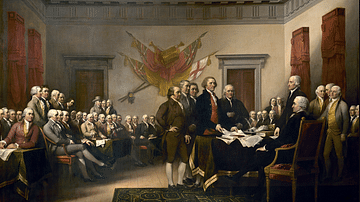
Definition
Second Continental Congress
The Second Continental Congress was the body of delegates that governed the Thirteen Colonies and, later, the United States during the American Revolutionary War. Between its first session in May 1775 and its disbandment in March 1781, the...